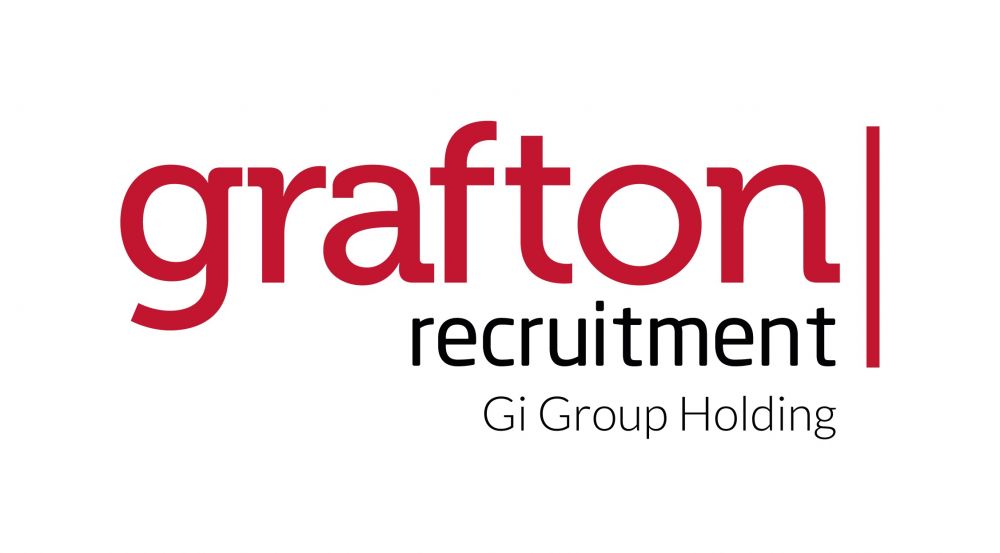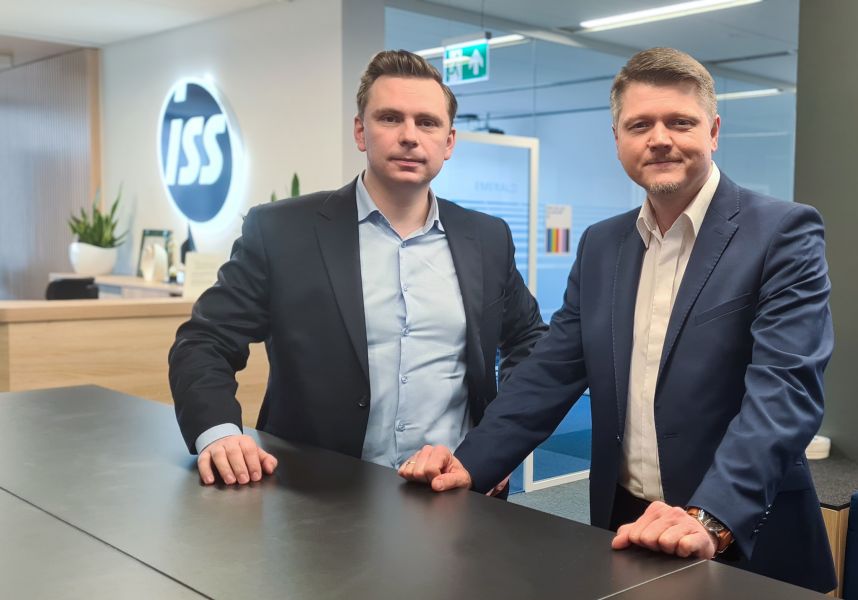BSS: this is where work is looking for people

An interview with Joanna Wanatowicz, Grafton Recruitment Managing Director
FOCUS ON Business: Investors are more and more willing to locate in Poland centers focused on servicing complex processes e.g. in the field of finance, IT, Big Data or research and development; robotisation is also becoming more common. How is the recruitment industry changing, in the context of the demand of the modern business services sector?
Joanna Wanatowicz, Grafton Recruitment: Poland is a country valued by investors because of its attractive geographical location and a good quality-to-cost ratio. We have become a developed and mature shared services market. After a downturn, the industry is thriving, handling increasingly complex processes that require specific, specialized competencies. It hires all the time. This has an impact on the recruitment industry as a whole, which is facing challenges in recruiting employees with the expected and often rare competencies.
Meanwhile, companies from abroad began to reach for Polish staff by offering remote work, interesting projects and higher remuneration. In the BSS sector, we have long been in the employee market. This is where work is looking for people. According to our latest "Business Services 2022" report, supply chain (+103 percent), HR and Payroll (+93 percent), marketing (+83 percent), as well as finance (63.7 percent), customer service (60.3 percent) and accounting (47.1 percent) roles have seen very strong growth over the past year. This growth means competition for staff, even closer cooperation between HR and business, and the need for recruiters to improve their competencies. The increasingly difficult and time-consuming recruitment process makes companies more willing to entrust this role to specialized agencies. The employee market, the growing role of specialization in the field of new technologies make also the role of recruitment agencies not only significantly increased, but also changed. They are partners to an ever-increasing extent, who, together with their principals, build a recruitment strategy and a route to reach candidates. Trust and knowing what to expect is crucial. As time passes and the projects are carried out, the agencies become more and more familiar with the companies they cooperate with. They often do not multiply the number of suppliers, but focus on cooperation with several or even one in the area of a given specialization. It is more efficient, recruiting is done more efficiently and faster.
For a long time we have been dealing with the employee market in Poland, the earnings of employees in the modern business services industry are constantly growing. How to attract and then retain qualified employees?
It is a complex subject. The problem of finding employees has been seen for some time, and solving it is a key to maintaining the growth rate of the BSS industry. Currently, the number of offers is at a record high. So it is not easy to find employees. Even a very good recruitment campaign – eye-catching, original and full of encouraging information – is not enough. Employer branding, employee opinions, and whisper marketing are playing an increasingly important role. The most successful companies are spontaneous recruiters – if candidates apply themselves, companies can announce their success.
It is worth remembering that candidates have easier and easier access to information about companies, their organizational culture, opportunities for development, atmosphere. They do research, they consult the community, they check. The opinions they trust first are those of people who work at the recruiting companies. The conclusion is obvious – the candidate will choose the company that is closest to their values and expectations. If it turns out that the promise doesn't match the reality, the hire will leave sooner or later. That is why the recruitment process is also so important, choosing a candidate who will "blend in" with the company, who will function well in it. So what if you recruit someone with outstanding skills if they don't find their way in the organization.
What motivates employees? What benefits are attractive to them today?
Poles are increasingly looking for opportunities to influence the organization. They like to get goals, accomplish them on their own, create value, and grow. We have candidates who are not willing to blindly perform tasks, but suggest improvements. They want to feel part of the company, not a cog in a big machine. This is worth keeping in mind. The era of true leadership meaning partnership, openness, flexibility is coming. Leaders who don't understand this will lose.
What matters is how benefits blend into the company culture, how consistent they are with it, and whether they are a set of benefits from which employees can choose. News? Companies are outdoing themselves with proposals. Interesting benefits are additional days off, e.g. more days every year, and in some organizations even with no limit. In the era of hybrid work, we all work more, it's harder to separate our personal and professional lives, and we lack distance. Not surprisingly, this benefit is among the most popular.
What has changed recently, especially under the influence of the pandemic in terms of required competencies in various professional groups?
The acceleration of technological change, to which the pandemic has contributed significantly, makes the need for employees with specialized skills in particular areas even greater. The emergence of more specializations in IT is obvious, there is a need for specialists with high competence not only related to cloud architecture, Big Data, process automation, but also security. At the same time, digital competencies are increasingly necessary in other industries such as marketing or sales, logistics, finance, accounting. Outsourcing centers employ people with very good knowledge of foreign languages, including niche languages.
We can also see that soft skills – openness, flexibility, communication skills – are becoming more and more desirable, not only in customer service.
What is the future of the recruitment industry since it is doing so well at the moment?
The HR sector is inextricably linked to the economic condition. If it continues to grow, the developmental trend will continue in our industry. Last year and the beginning of this year were record-breaking in professional recruitment of specialists. At Grafton Recruitment we are still up and running and we have many orders. We are focused on the ongoing challenges of record demand for employees, labour shortages, rising staffing expectations and competency expectations. This is all the more challenging because we are seeing tremendous growth in the demand for recruiters. Competent employees are at a premium – the industry is thus becoming vulnerable as it hunts for talents itself. We exercise caution at the same time. There may be a slowdown in demand due to higher costs for companies resulting from rising inflation and changes in tax legislation. With higher labour costs, Poland may cease to be an attractive country for foreign investors. The instability of the economy and the supply chain, and above all the geopolitical situation, must not be forgotten either. The crisis across our eastern border is a global crisis.
I expect companies to increase their optimization processes – the competitiveness of the market requires them to be very disciplined with their budgets. How might this affect employment? Employers will not want to increase the number of employees, but to retain the best ones.
Thank you for the interview.

This article comes from magazine:
FOCUS ON Business #3 March-April (2/2022)
 Check the issue
Check the issue








